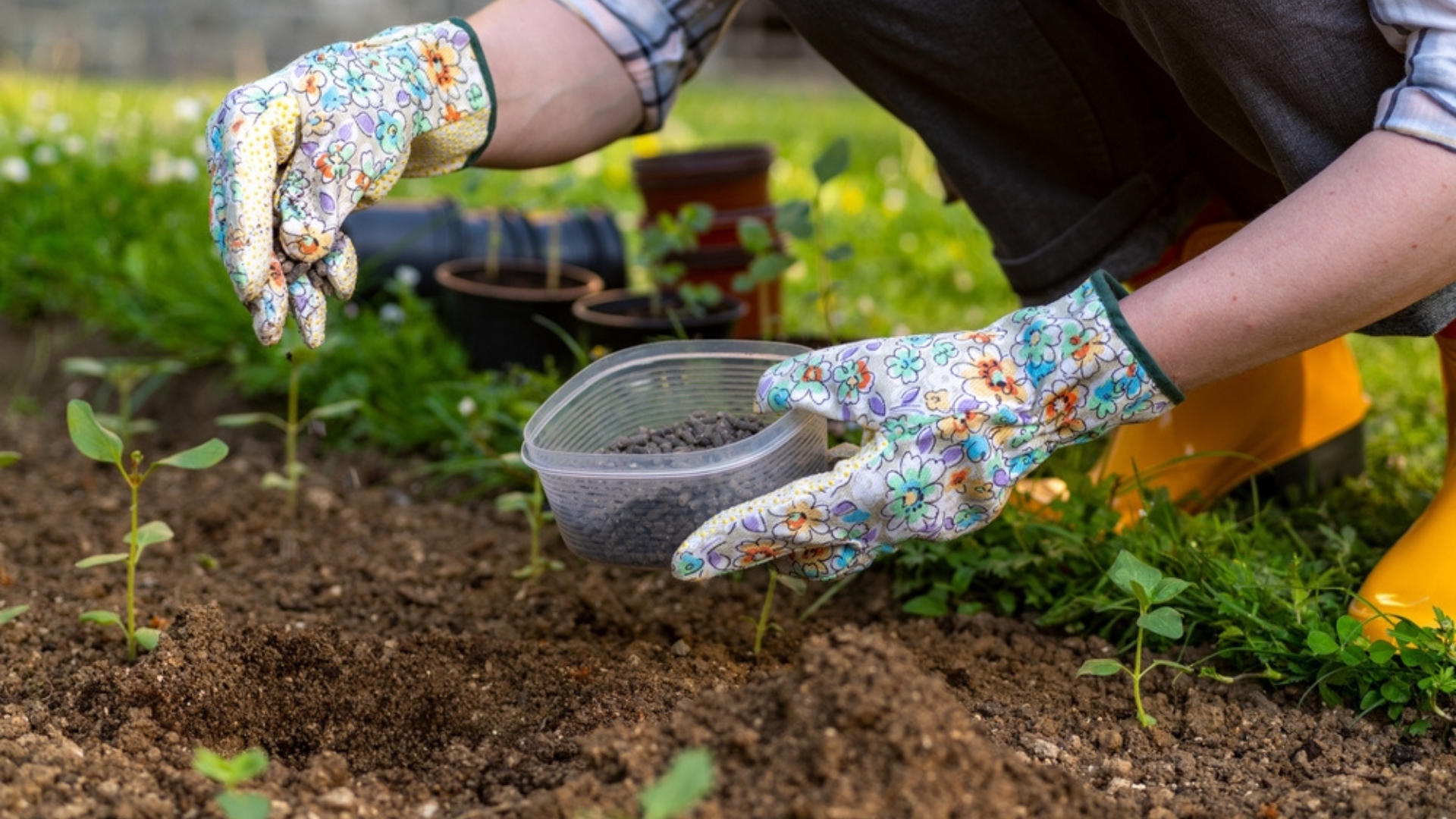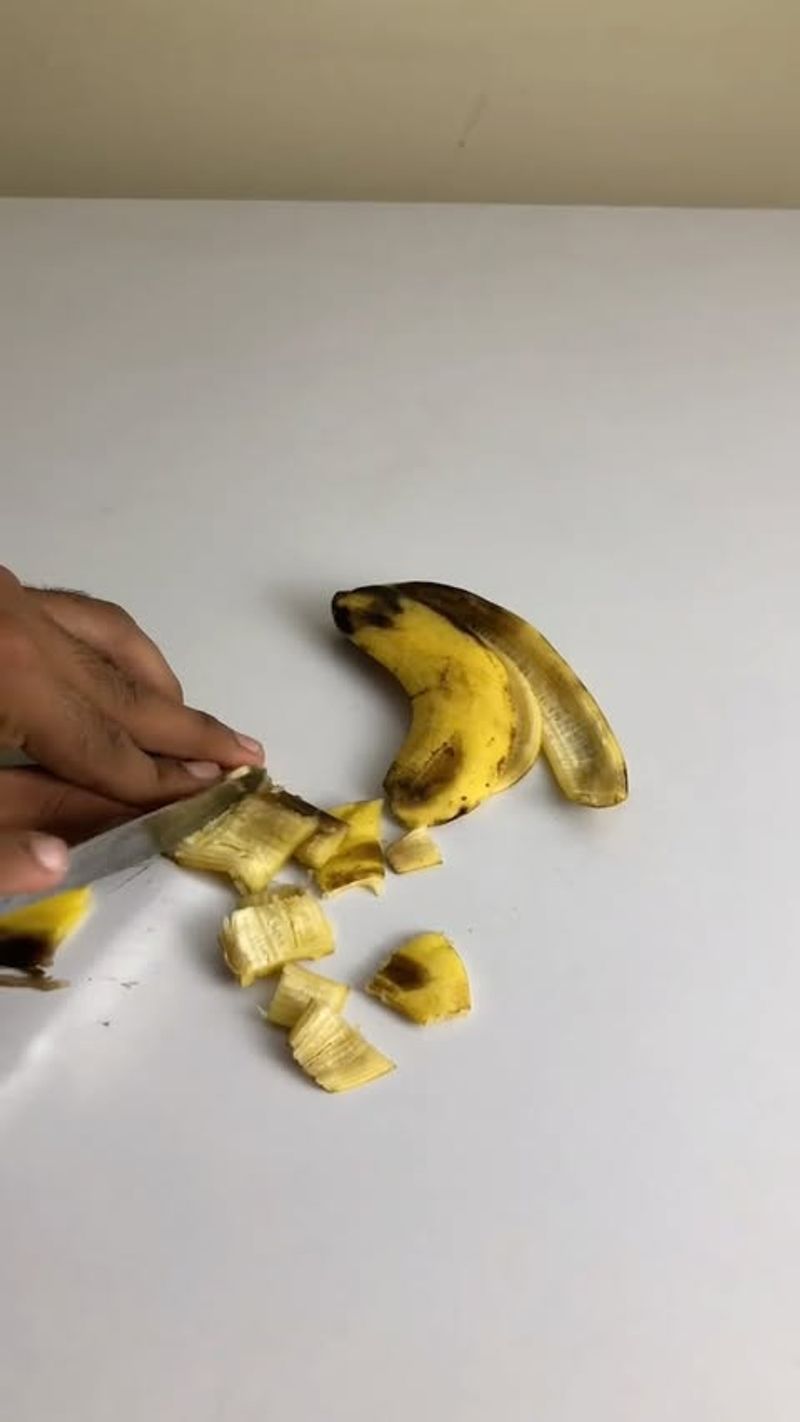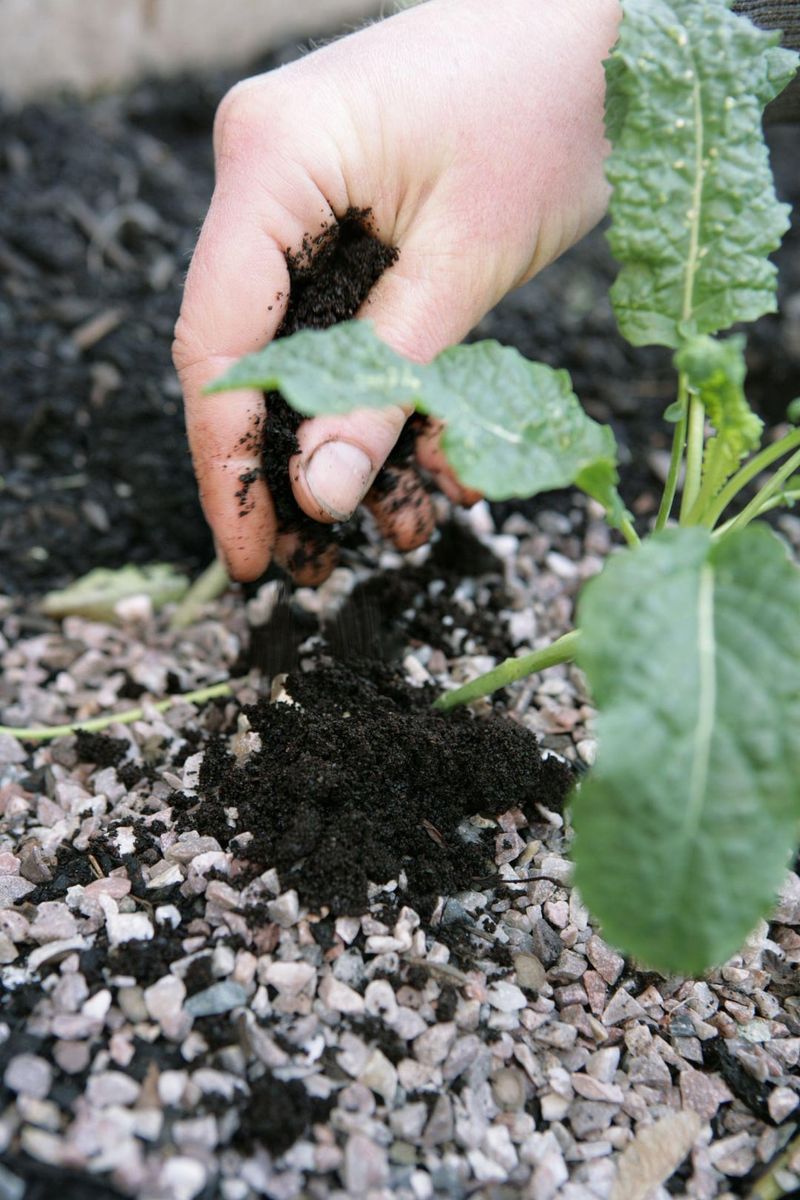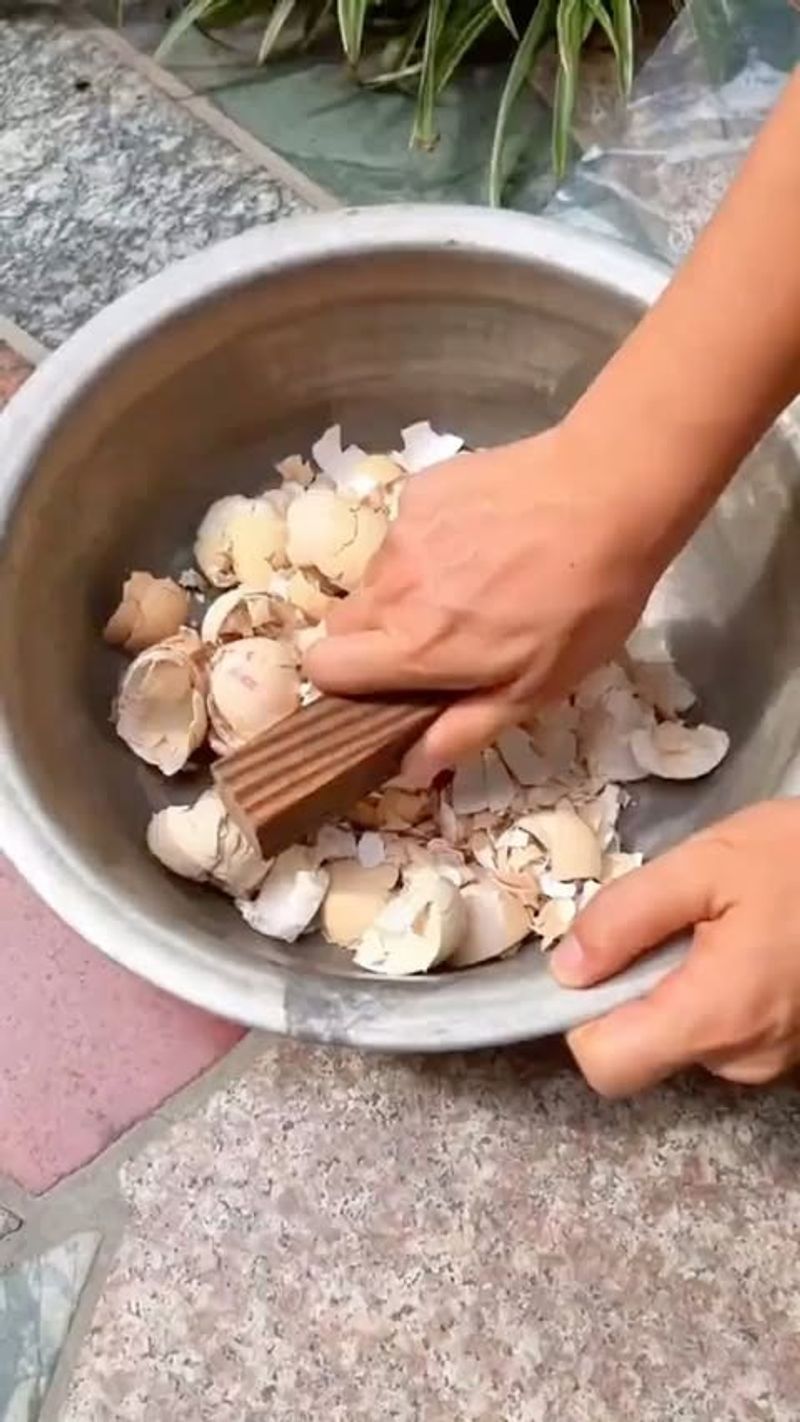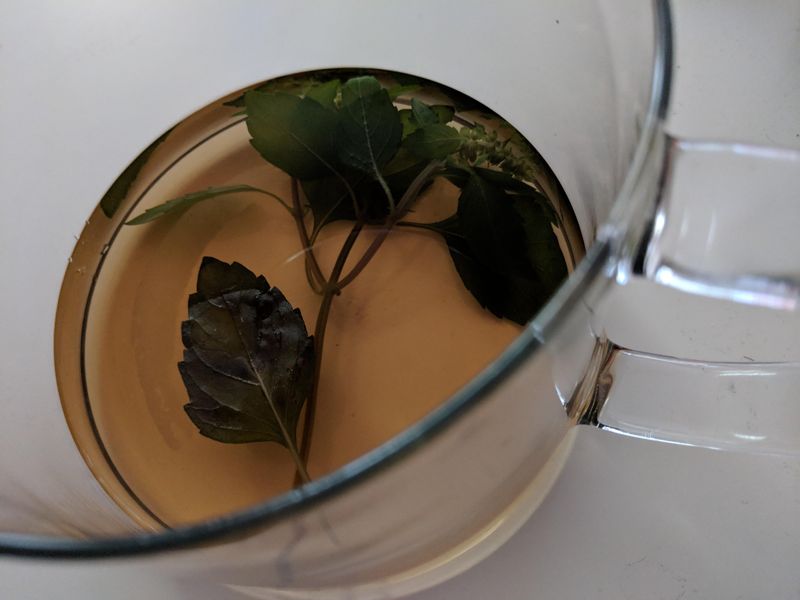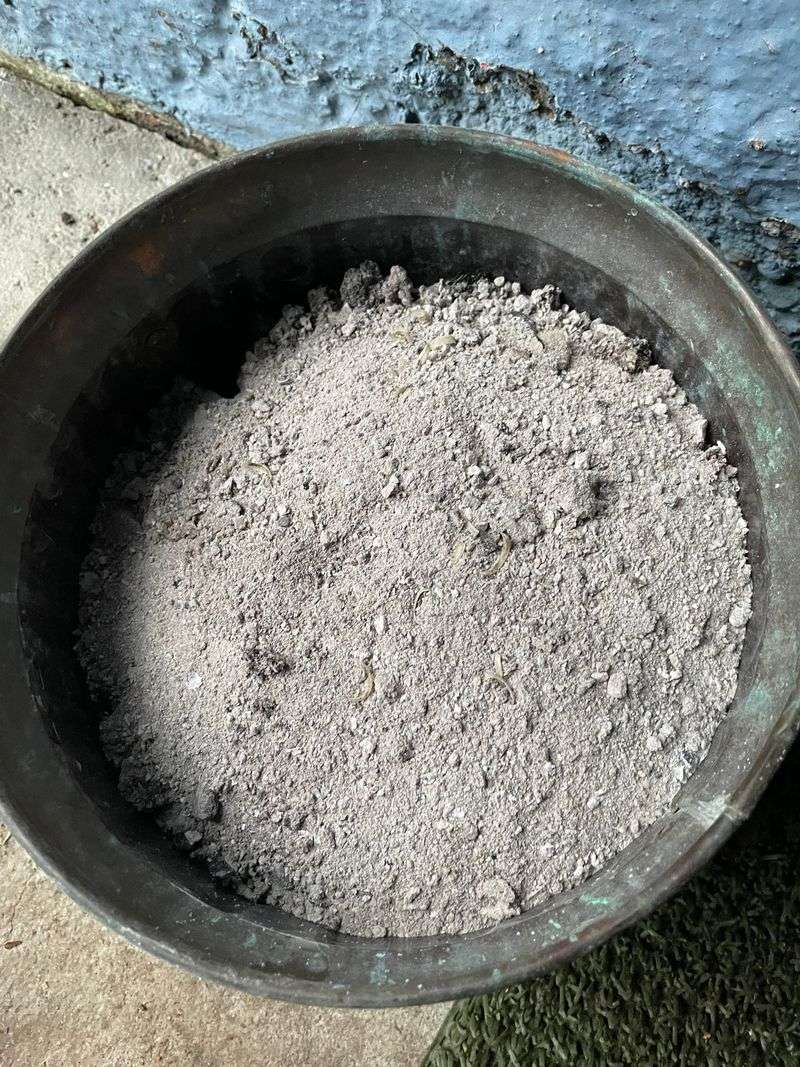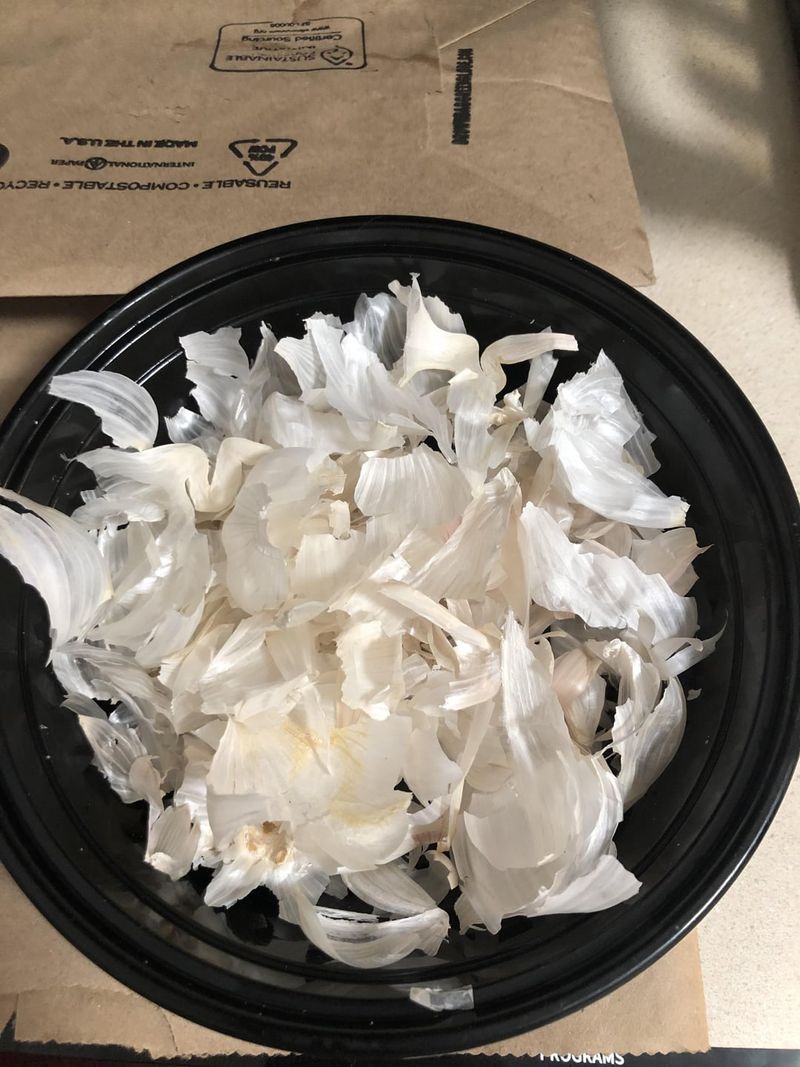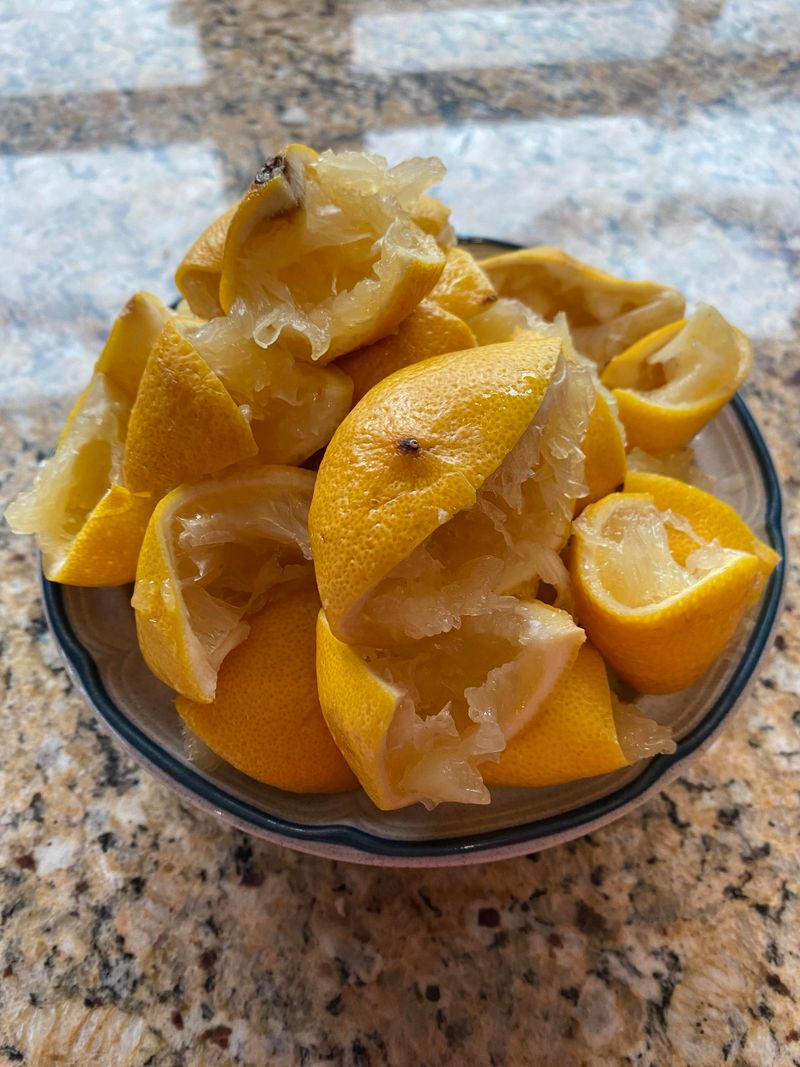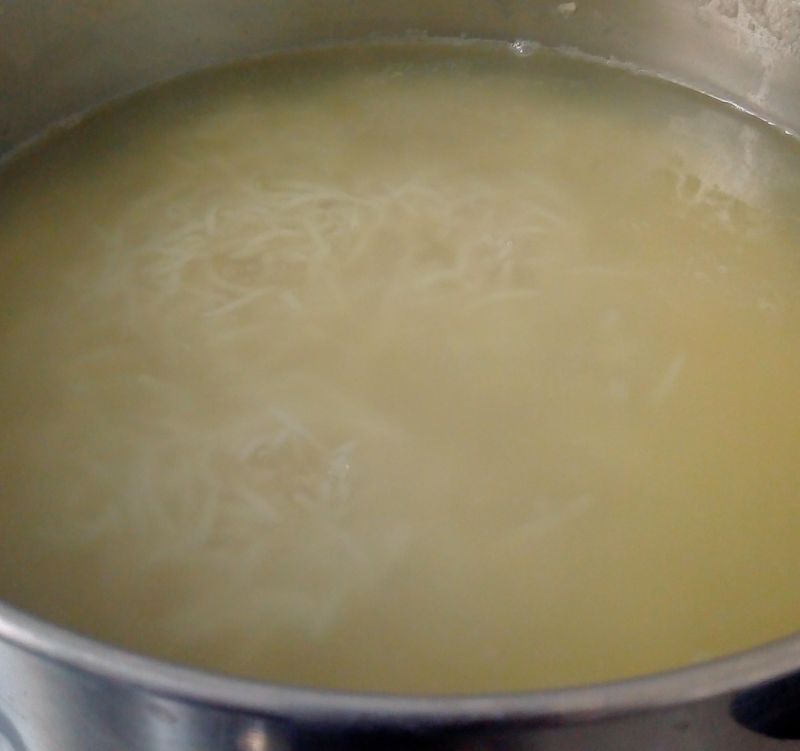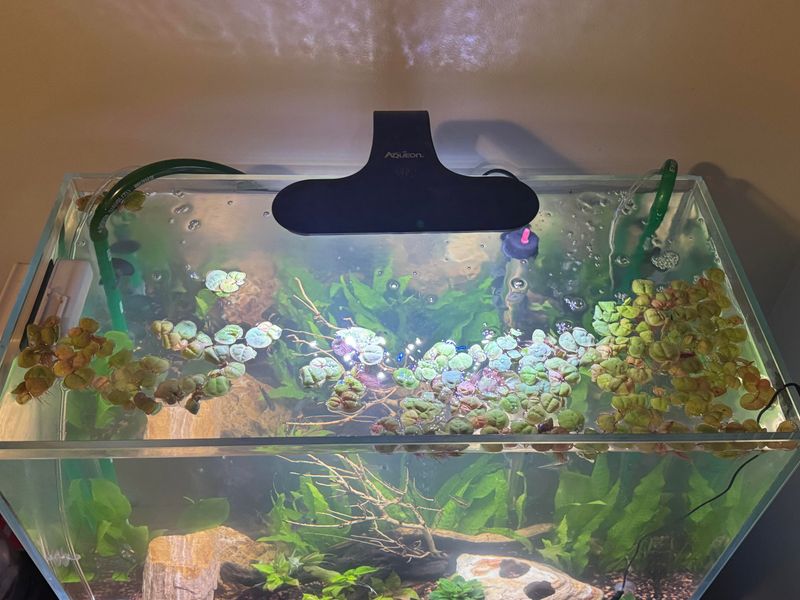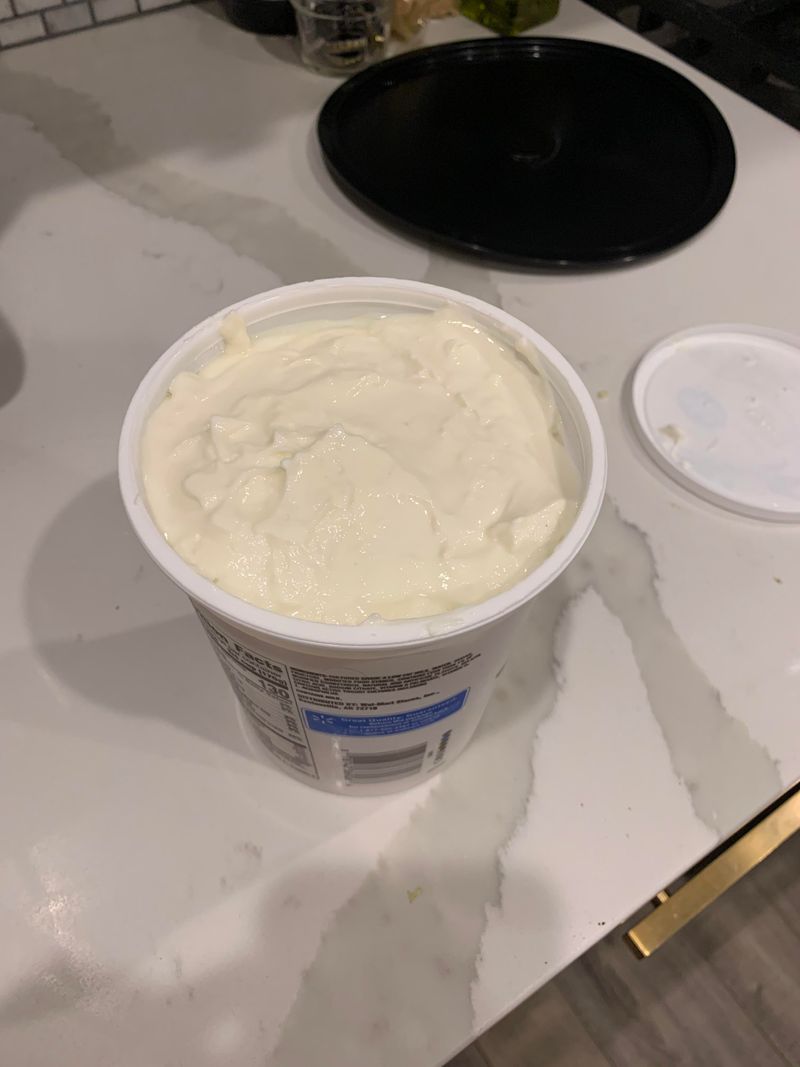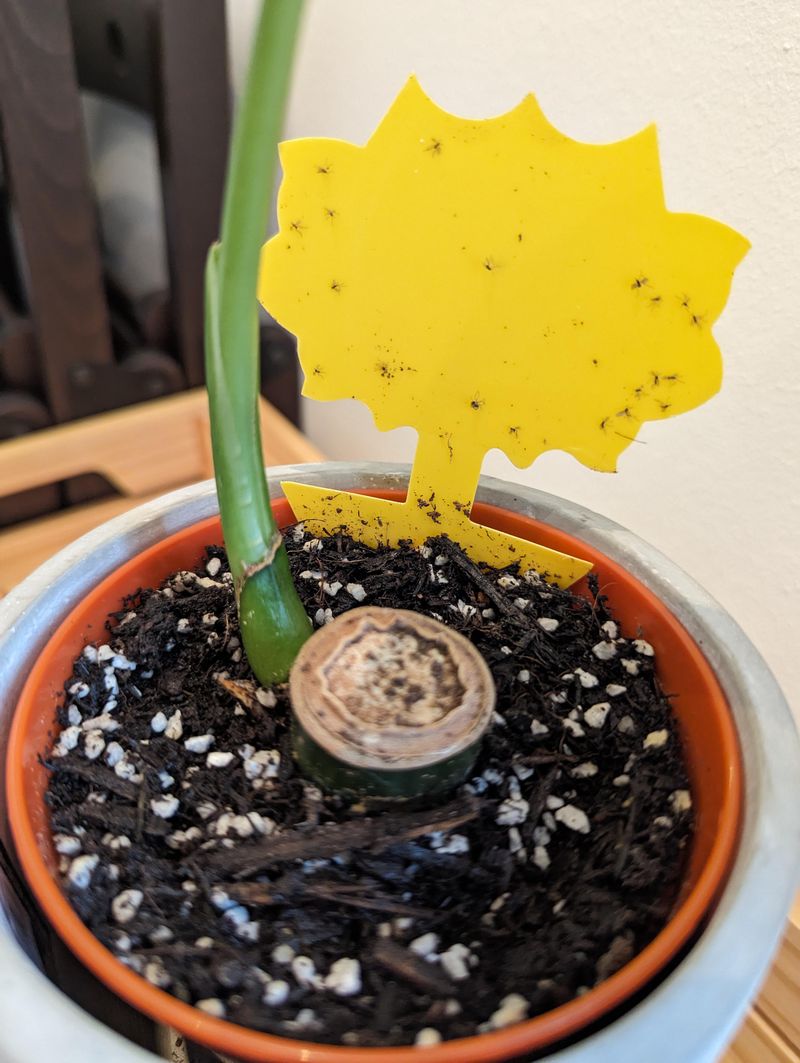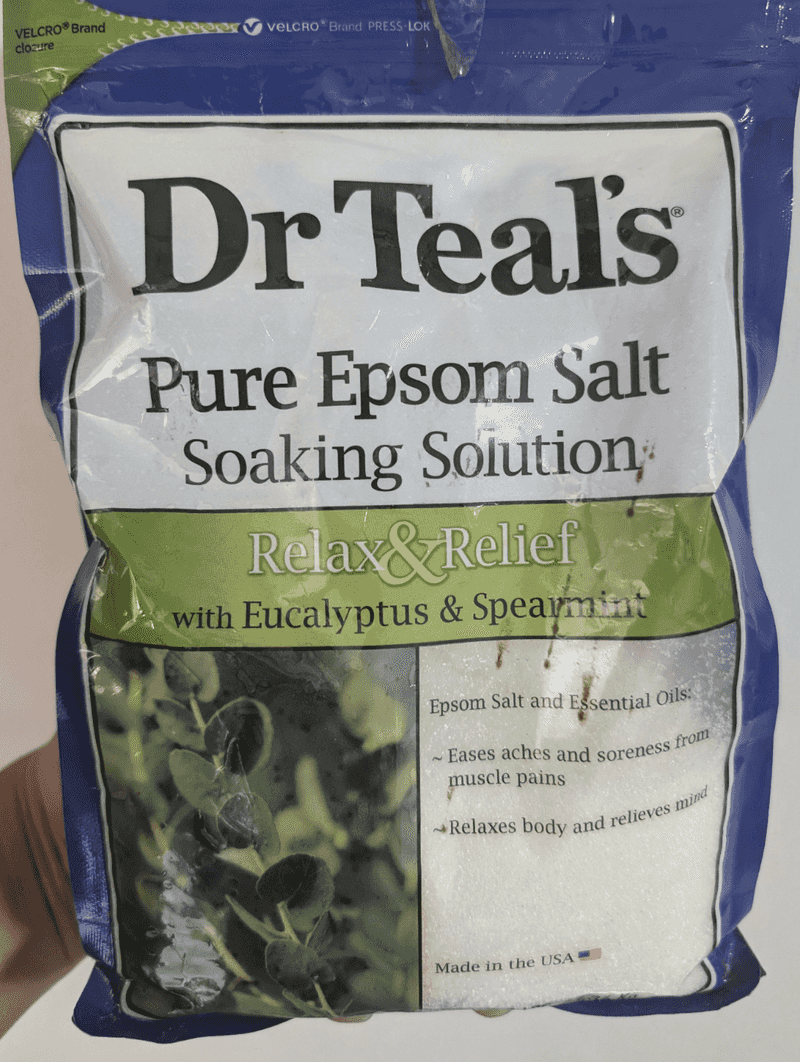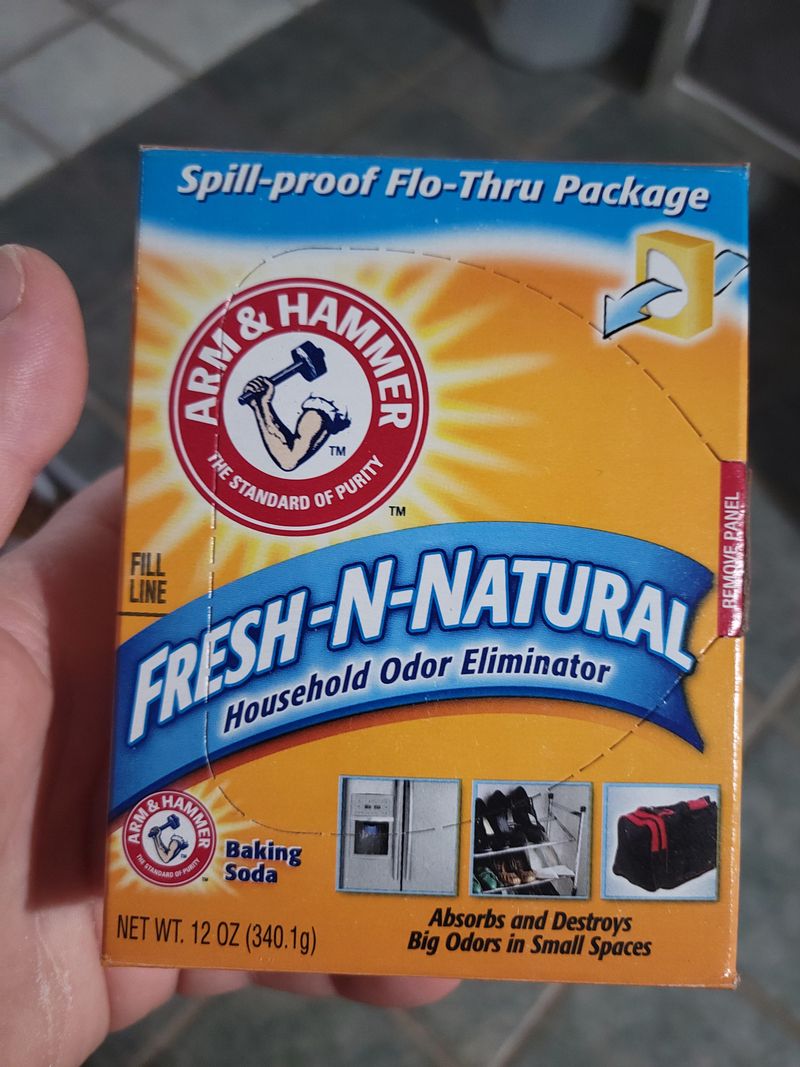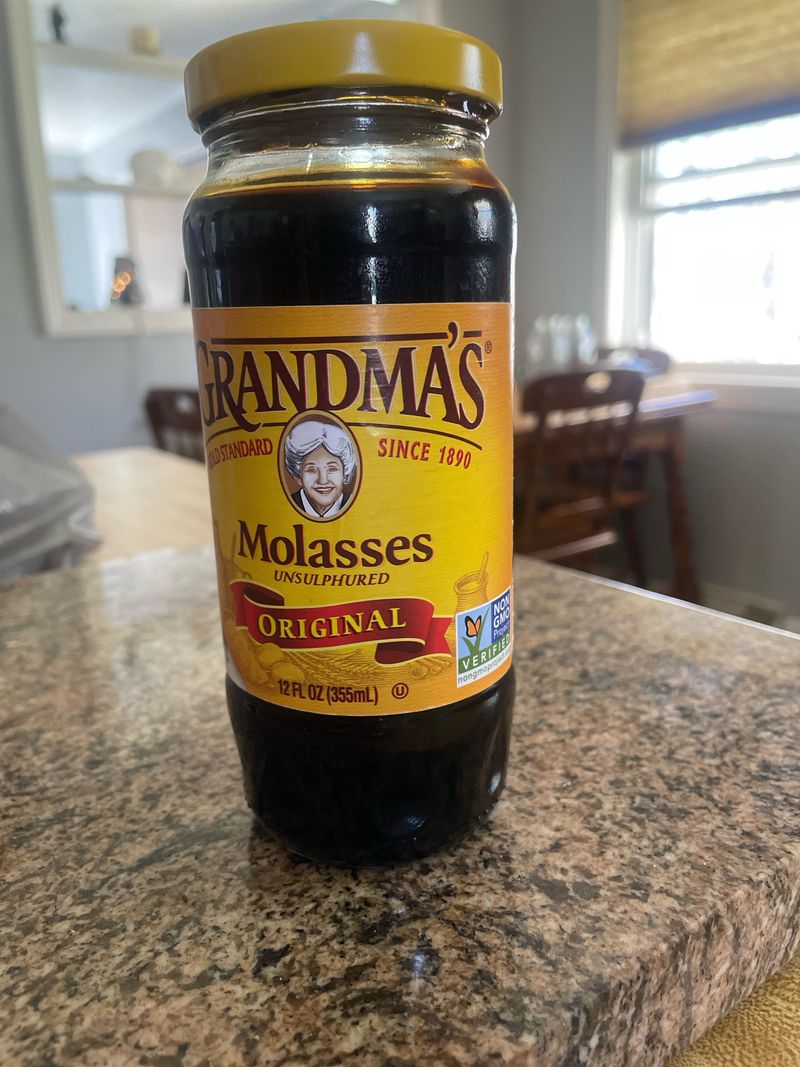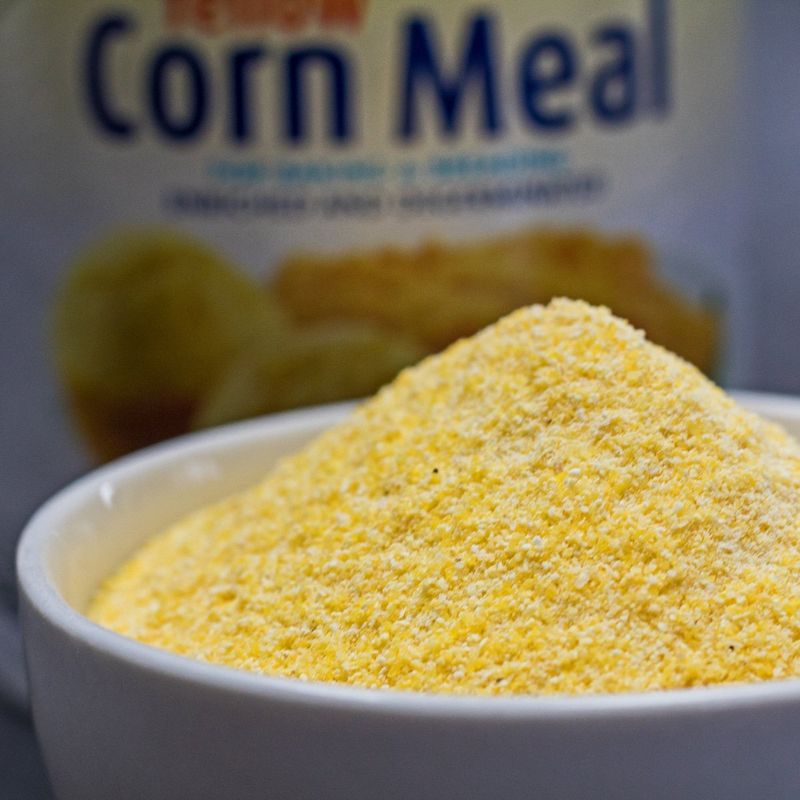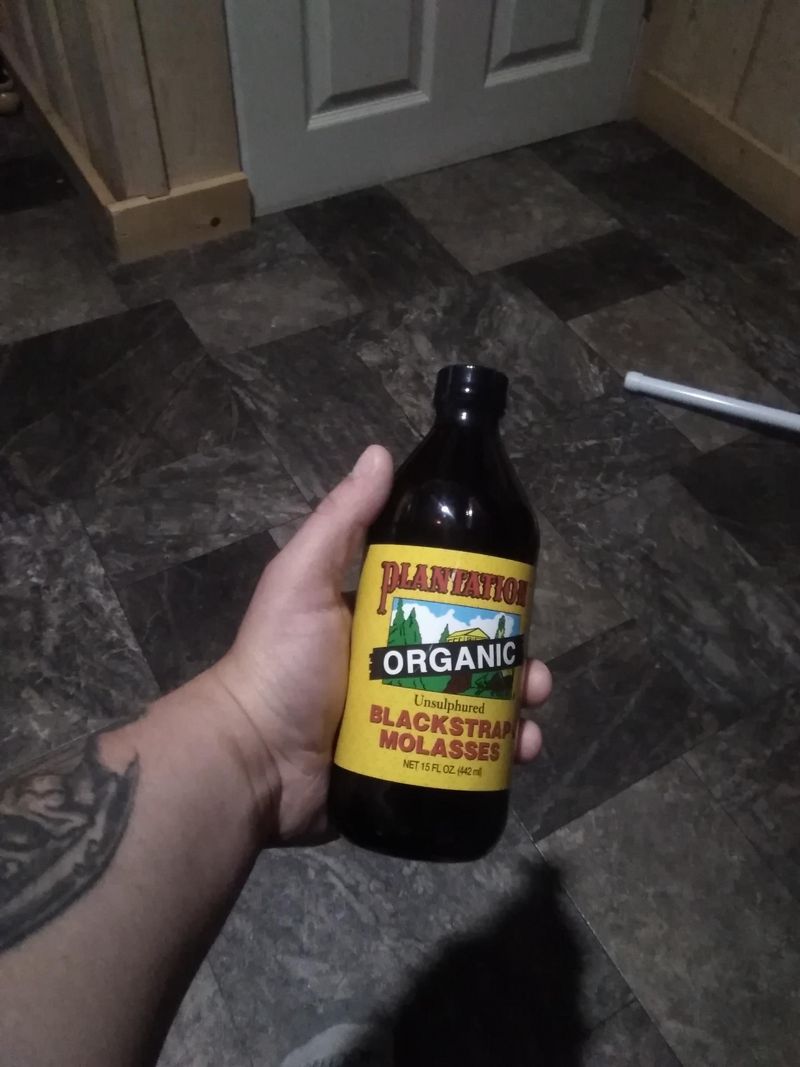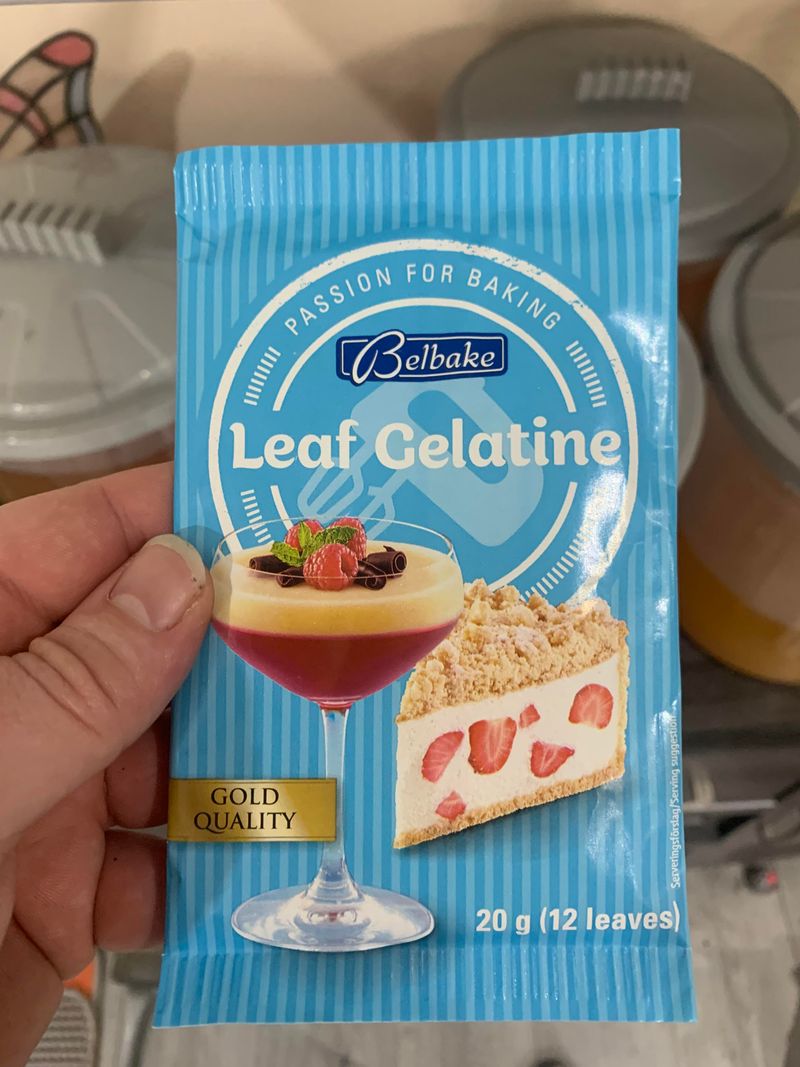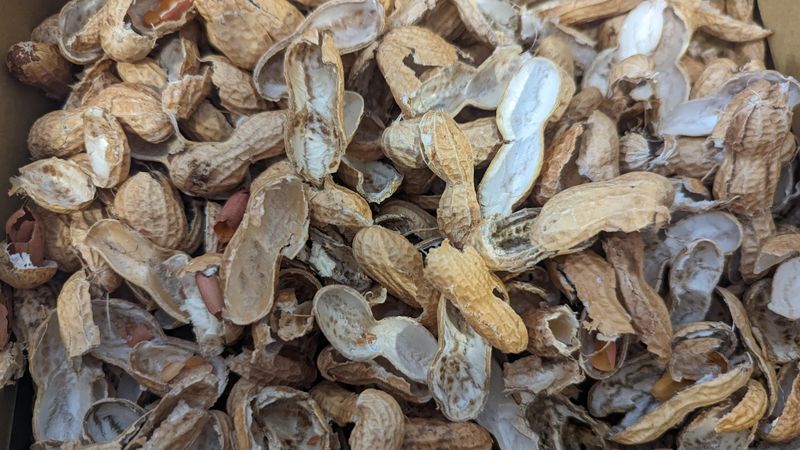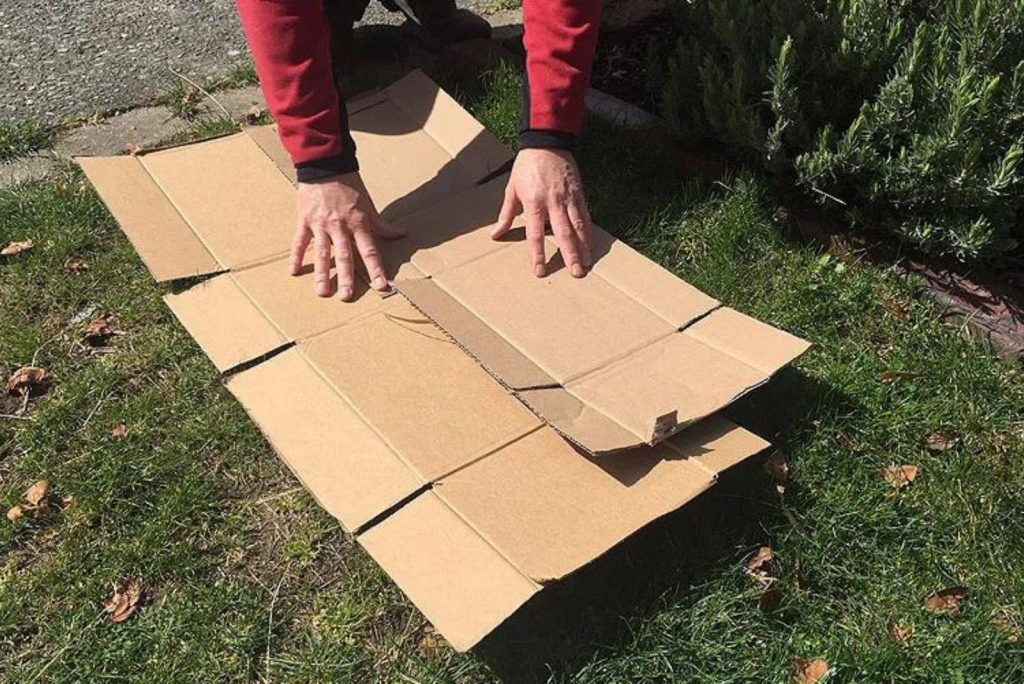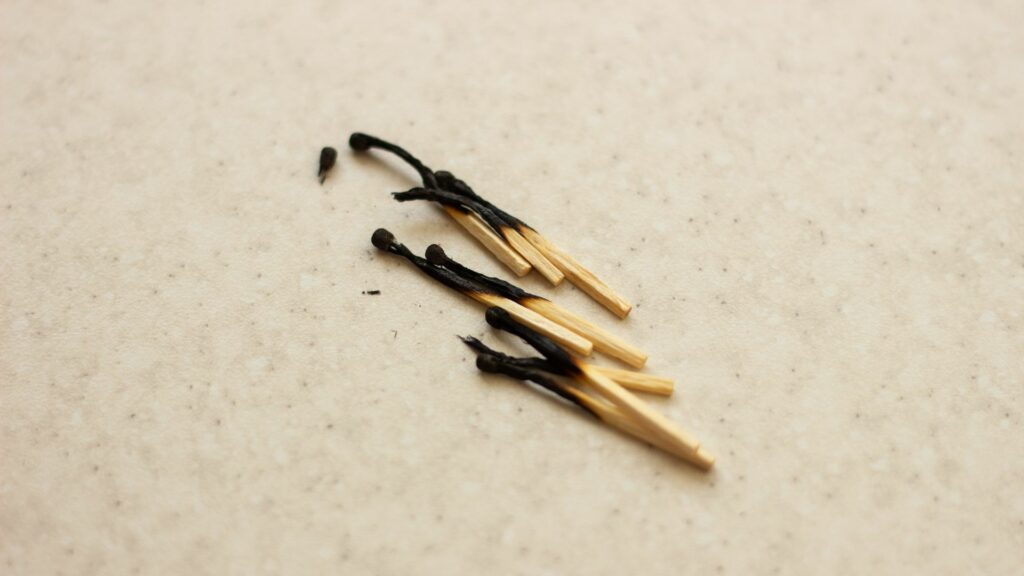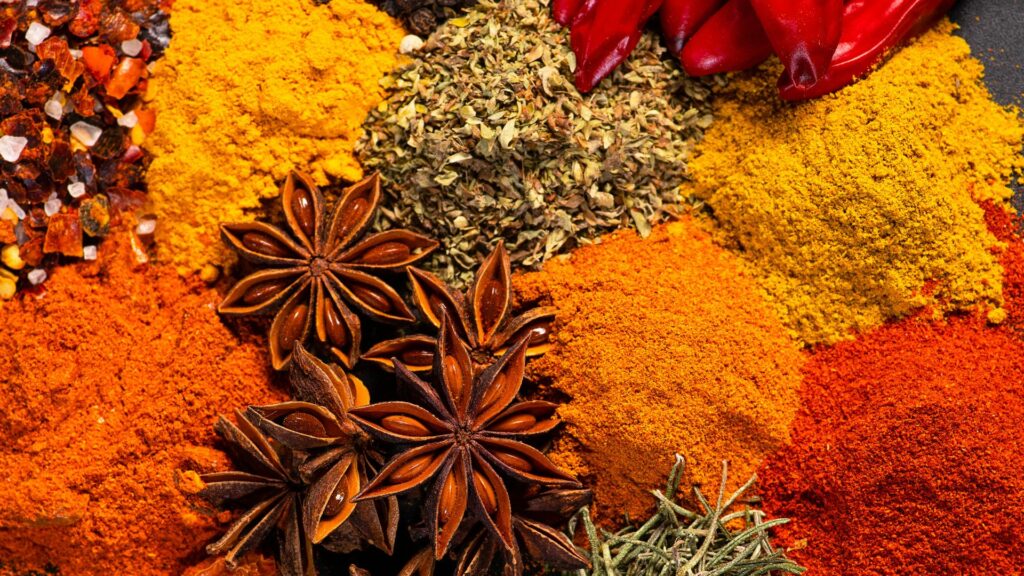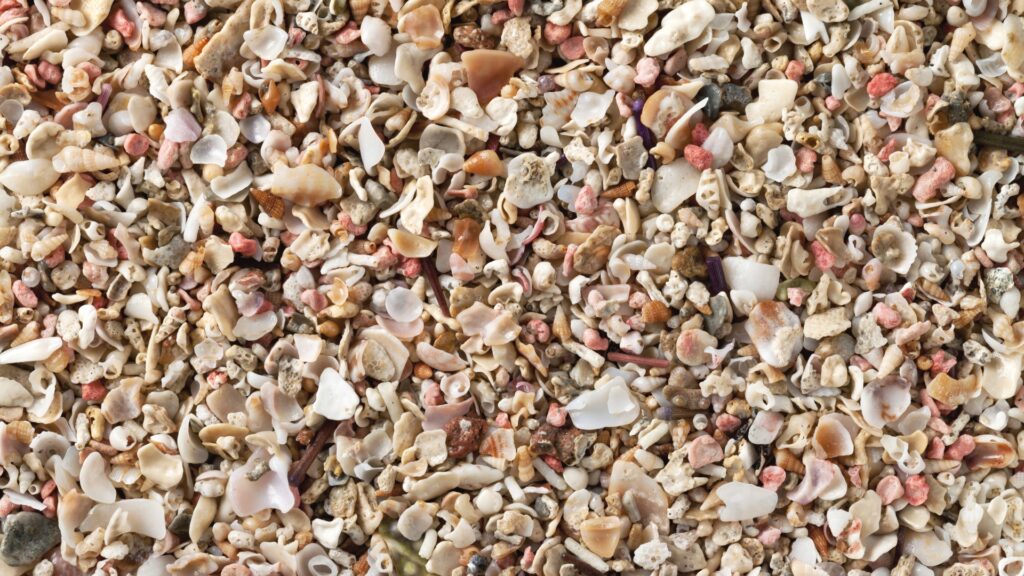Welcome to the magic of home gardening—where kitchen scraps turn into green gold!
Tired of pricey fertilizers? You’re not alone. I once turned my kitchen into a DIY jungle lab, tossing in banana peels, eggshells, and coffee grounds. It was messy, but the results? Pure plant bliss.
Turns out, the secret to a thriving garden was hiding in plain sight.
Ready to dig in? Here are 26 kitchen cast-offs that’ll supercharge your soil and grow your garden game. Let’s raid the pantry and get our hands dirty!
1. Banana Peels
Banana peels are more than just slippery nuisances; they’re a powerhouse of nutrients for your garden! Rich in potassium, they promote healthy root development and boost your plants’ immune systems.
Simply chop them up or bury them near your plants to slowly release their goodness into the soil. You’ll notice stronger, more vibrant blooms in no time.
It’s an effortless way to recycle kitchen waste and give your plants a natural boost. Plus, it’s a great conversation starter when fellow gardeners ask about your flourishing garden secrets.
2. Coffee Grounds
Your morning cup of joe does more than wake you up; it can energize your garden too! Coffee grounds are rich in nitrogen, making them an excellent additive for compost piles.
Sprinkle them directly onto the soil to improve its structure and aeration. They’re particularly beneficial for acid-loving plants like blueberries and roses.
Next time, instead of tossing those grounds, give your garden a caffeine fix. Just be sure to use them in moderation to avoid over-acidifying your soil.
3. Eggshells
Eggshells are more than just breakfast leftovers; they’re a gardener’s secret weapon. Packed with calcium, they strengthen cell walls and prevent blossom end rot in vegetables like tomatoes.
Crush them up and mix them into the soil or compost to boost its nutrient content. You can also use them as a natural pest deterrent by sprinkling around plants to ward off slugs and snails.
It’s a simple way to turn waste into a resource, supporting healthy plant growth while keeping pests at bay. Who knew breakfast could be so beneficial?
4. Tea Leaves
Don’t toss those used tea leaves; they’re garden gold! Rich in tannic acid and nutrients, they can enrich your soil and improve plant growth.
Mix them into your compost or soil to enhance its nutrient profile. They’re especially good for plants that thrive in slightly acidic environments.
So next time you enjoy a cup of tea, think of it as a two-for-one deal: a soothing drink for you and a nourishing treat for your garden. It’s an eco-friendly way to recycle and rejuvenate your plants.
5. Wood Ash
Winter fires leave behind wood ash, a gardener’s treasure. Rich in potassium and calcium carbonate, it helps balance soil pH and promotes strong plant growth.
Scatter it sparingly around your garden to enhance the nutrient content of your soil. Be mindful, though; too much can raise soil pH excessively.
It’s an excellent way to recycle fireplace residue while benefiting your plants. Just remember, less is more, and your garden will thank you for this ashy addition.
6. Vinegar
Vinegar isn’t just for salads; it’s a garden game-changer! Its acetic acid content can act as a natural weed killer and soil pH adjuster.
Dilute it with water and spray on weeds to keep them at bay, or use it to lower soil pH for acid-loving plants like azaleas.
Use carefully, as its potency can damage desired plants if applied improperly. With the right approach, it becomes a versatile tool in your gardening arsenal.
7. Onion Skins
Onion skins are often discarded, but they hold secret powers for your garden. Bursting with nutrients, they can be transformed into a nourishing tea for plants.
Boil them in water, cool, and use the liquid to water your plants, providing them with a natural nutrient boost.
It’s a waste-not, want-not approach that supports robust plant growth without chemicals. Who knew such humble scraps could perform gardening magic?
8. Citrus Peels
Citrus peels aren’t just aromatic; they’re a gardener’s delight. They contain essential oils and nutrients that can deter pests and enrich compost.
Chop them up and add to your compost pile or scatter them around plants to keep insects at bay.
Their natural fragrance not only freshens the garden but also supports healthy plant development. It’s a zestful way to utilize kitchen waste while enhancing your green space.
9. Potato Water
After boiling potatoes, don’t pour that water down the drain! It’s infused with nutrients like potassium, perfect for a plant boost.
Let it cool, then water your plants with this nutrient-rich liquid. It’s especially beneficial for houseplants needing a gentle lift.
By recycling this kitchen byproduct, you support lush growth and avoid waste. It’s a sustainable practice that turns cooking into gardening magic.
10. Rice Water
Rice water, the cloudy liquid left after rinsing rice, is a garden’s ally. Rich in starches, it provides a gentle source of nutrients for plants.
Use it to water your plants, encouraging healthy growth and vitality. It’s particularly good for leafy greens and houseplants.
This everyday kitchen residue becomes a powerful gardening tool, minimizing waste and maximizing plant health. It’s a simple, eco-friendly solution for gardeners everywhere.
11. Fish Tank Water
Cleaning your fish tank? Don’t discard that water! It’s teeming with nutrients like nitrogen, vital for plant growth.
Use this nutrient-rich water to irrigate your garden, providing plants with a natural fertilizer boost.
It’s an efficient way to utilize waste, turning aquarium maintenance into an opportunity for lush, thriving plants. Your garden will love this fishy infusion.
12. Milk
Milk does more than build strong bones; it can fortify your garden too. Rich in calcium and vitamins, it’s great for plant health.
Dilute it with water and use as a foliar spray or soil drench to boost nutrient levels.
This dairy delight supports sturdy growth and prevents nutrient deficiencies, turning a staple beverage into a gardening secret weapon.
13. Expired Yogurt
Expired yogurt may not be appetizing, but it’s a probiotic feast for your garden. Full of beneficial bacteria, it enhances soil quality and plant health.
Mix it into the soil or compost to improve microbial activity and nutrient availability.
It’s a deliciously unexpected way to rejuvenate your garden, transforming waste into a resourceful and eco-friendly fertilizer.
14. Hair Clippings
After a haircut, those hair clippings can serve a new purpose in your garden. They’re rich in nitrogen and create a barrier against pests.
Scatter them around plants to deter slugs and snails, or mix into the soil to boost nutrient content.
It’s a natural, effective use of waste, supporting healthy plants and sustainable gardening practices. A hair-raising way to enrich your garden!
15. Epsom Salt
Epsom salt, often used for soothing baths, is a garden gem. Composed of magnesium sulfate, it promotes healthy growth and blooming.
Dissolve it in water and apply as a foliar spray or soil drench to correct magnesium deficiencies.
This simple addition can lead to lusher, more vibrant plants, turning a household staple into a garden favorite.
16. Baking Soda
Baking soda is more than a baking essential; it can work wonders in your garden. It acts as a natural fungicide, combating powdery mildew and other fungal issues.
Mix with water and spray on affected plants to keep them healthy and thriving.
This versatile powder offers an eco-friendly solution for maintaining plant health without harsh chemicals. It’s a pantry staple with gardening potential.
17. Molasses
Molasses isn’t just sweet for your cookies; it’s a treat for your plants too. Rich in sugars and minerals, it boosts soil microbial activity.
Add it to compost tea or dilute with water for a nourishing plant spray, supporting robust growth.
This sticky surprise enhances your garden’s vitality, transforming a kitchen ingredient into a horticultural helper.
18. Cornmeal
Cornmeal, a pantry staple, can support a healthy garden. It acts as a natural fungicide and soil conditioner.
Sprinkle around plants to combat fungal diseases or mix into soil to boost nutrient levels.
This versatile ingredient enhances plant health without chemicals, offering an accessible way to enrich your green spaces. It’s a grainy secret for vibrant gardens.
19. Blackstrap Molasses
Blackstrap molasses isn’t just for baking; it’s a powerhouse for your garden. Packed with nutrients, it enriches soil and promotes microbial growth.
Dilute with water and use as a foliar spray or soil drench for a natural boost.
It’s a sweet solution for thriving plants, turning a culinary ingredient into a gardening ally. Your garden will love this sugary secret.
20. Gelatin
Gelatin is more than a dessert ingredient; it’s a nutritious addition to your garden. Rich in nitrogen, it supports healthy plant growth.
Dissolve in water and apply to soil for a gentle nutrient boost, especially beneficial for houseplants.
This unexpected garden helper turns a kitchen staple into a green-thumbed tool, enhancing plant vitality with ease.
21. Peanut Shells
Peanut shells might seem like mere waste, but they hold gardening potential. They’re excellent for aerating soil and improving its drainage.
Crush and add to compost or directly to soil, enhancing its structure and nutrient content.
This crunchy surprise supports healthy plant roots, turning snack remnants into a gardening asset. It’s an innovative way to recycle and enrich your garden space.
22. Stale Beer
That leftover flat beer in your fridge isn’t just a party foul—it’s plant food in disguise! Rich in yeast, sugars, and trace nutrients, stale beer can stimulate beneficial microbes in your soil.
Pour it directly onto compost or dilute with water and apply around plants to encourage microbial activity and stronger root development. Just make sure it’s not too foamy, and skip the light beers—they contain fewer nutrients.
Who knew last night’s leftovers could toast your plants to better health? It’s a bubbly boost that’s both eco-friendly and unexpectedly effective.
23. Cardboard
Don’t toss that pizza box just yet—cardboard is a composting champion! Made from organic material, it breaks down into carbon-rich matter that balances nitrogen-heavy compost and improves soil texture.
Shred and layer it into your compost bin or lay sheets directly on garden beds as a weed barrier that decomposes over time. It holds moisture, smothers weeds, and nourishes the soil as it breaks down.
It’s a clever way to repurpose packaging waste and give your garden a structural and nutritional edge. Brown gold, indeed!
24. Used Matches
Don’t toss those burnt matchsticks—they’re tiny nutrient boosters in disguise. Containing phosphorus and trace minerals, used matches can help support root development and flower production.
Crush them and mix into the soil or compost pile. They’re particularly useful for flowering plants that benefit from extra phosphorus during their blooming stages.
It’s a small, subtle way to recycle something typically discarded, giving your plants a surprising lift from an everyday item. Gardeners love discovering gold in the least expected places!
25. Old Spices
Expired or stale spices in your pantry can do more than just clutter your shelves—they can enrich your garden! Many dried herbs and spices, like paprika, turmeric, and cumin, contain trace minerals that benefit soil health when broken down.
Sprinkle them into compost or mix lightly into the topsoil. While they shouldn’t replace core fertilizers, they’re a fun and sustainable supplement for your garden’s microbial community.
It’s a fragrant and earth-friendly way to declutter your kitchen while giving your plants a flavorful nutrient kick.
26. Crushed Seashells
If you live near the coast or have a seafood habit, don’t discard those seashells! They’re rich in calcium carbonate, just like eggshells, and make an excellent soil amendment for boosting pH and strengthening plant cell walls.
Rinse thoroughly, crush into small pieces, and mix into your soil or compost. They break down slowly, providing a long-lasting calcium source and improving drainage in heavy soils.
This beachy bonus brings both texture and nutrients to your garden, turning ocean leftovers into terrestrial treasures. Your plants—and soil—will thank you for this coastal touch!

